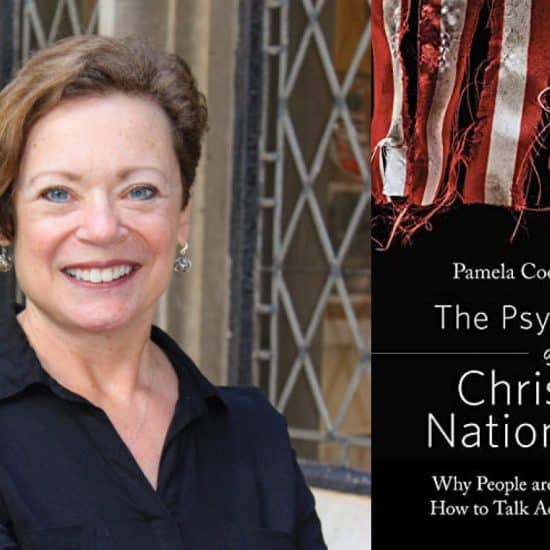This is the last in a five-part series by retired pastor and director of missions Wade Paris to assist pastors in helping couples begin Christian marriages. The series might also help couples who marry without the benefit of premarital counseling. Download a PDF of the entire series.

Wade Paris
When couples marry, they create a new household, a new family, and that family should take priority over all others.
This being the case, people sometimes say, “I am not marrying his/her family.” This is true, but they are marrying “into” a family, and their life will be intricately entwined with that family for as long as they all live.
Relationships with one’s in-laws can be a big problem, but it can also be a tremendous blessing. Here are some observations and suggestions for making these relationships a blessing.
As much as you possibly can, love and accept your spouse’s family as your own.
This may be difficult, especially for those who come from close, loving families. But with a little effort, it can be done. This advice is key: “To the degree that you can love and accept your spouse’s family, to that degree you will enrich your own marriage.”
Many parents feel that no husband or wife is good enough for their child. It is easy to resent that and respond negatively. It is best for a person to accept this as a common parental shortcoming and be the very best husband or wife possible.
Always be on your best behavior around your in-laws.
Never embarrass your spouse in the presence of his/her family. Embarrassing a spouse in front of his/her family seriously strains a marriage and is demeaning to all.
Do not make your mate choose between you and his/her family.
Even if he/she chooses the spouse, barriers will be built that are hard to remove.
Sometimes, the problems with in-laws are really in-laws “once removed.”
For example, a wife may get along very well with her husband’s brother, but his brother’s wife could be a problem. A wise person will understand this difference and make allowances for it.
Keep communication open and discuss your in-law concerns privately with your husband or wife.
The following true accounts illustrate the best and worst of in-law relationships:
• Husband One had a poor relationship with his own parents. He quickly became jealous of his wife’s relationship with her parents. At first he simply made fun of her and her family. Then he tried to keep her from having any contact with them. Finally, he demanded that she not see them ever again.
It is an extreme story. Obviously, the husband needed help. At the request of his wife, the couple talked with their pastor, but the husband totally refused the pastor’s counsel. Several years and two children later, they divorced.
• Husband Two was something of a loner. Following the wedding, he refused to visit or communicate with his wife’s family. After several years of this stubbornness, the wife retaliated by refusing to have anything to do with his family.
Each would visit and talk with his/her own family, but not the spouse’s family. They remained married, but there was a big hole in their marriage. An opportunity for blessings was missed.
• Husband Three came from a loving family, as did his wife. He quickly learned to love and accept his in-laws, even calling them Mom and Pap.
Many years later the husband’s parents had both passed away, and his wife’s parents became his only parents. The relationship they had forged was a blessing to all — parents, children, grandchildren.
In conclusion, a couple would do well to recall the advice near the beginning of this article: “To the degree that you can love and accept your spouse’s family, to that degree you will enrich your own marriage.”
A former pastor and director of missions, Wade Paris writes a weekly syndicated column, “The Shepherd’s Call,” and is a Word&Way trustee.
Download a PDF of the entire five-part series on premarital counseling.


